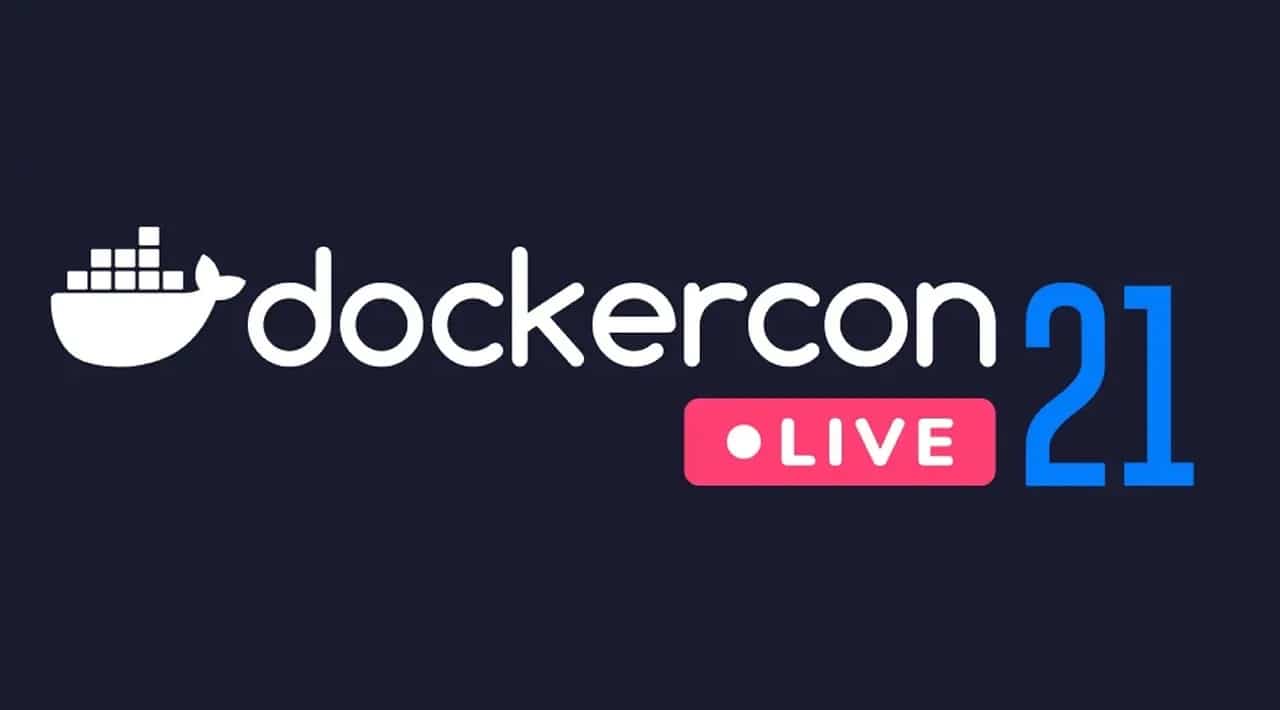
Docker introduced new features for your development tools at the DockerCon Live 2021 virtual event, with which mentions that the creation of software container applications will be facilitated.
To make it easier for software teams using containers, the company submitted an offering called Docker Development Environments. It is designed to address a fundamental requirement of enterprise application projects: Developers need a way to share project assets, such as code, with their colleagues.
In addition to the application code itself, software projects consist of external software components or dependencies on which the workload to run is based, and the so-called application context. The last term refers to certain technical details about how the workload is configured that are essential for development. According to Docker, Docker development environments will allow to members of a software team share those auxiliary project assets with a single command line statement.
The biggest benefit is speed, as developers typically have to configure application context and dependencies manually on the infrastructure they use to write code, which can take a significant amount of time on large projects. By reducing the task to a simple command line operation, Docker promises to free up that time and allow software teams to submit code faster.. Eliminating the amount of manual tinkering involved in the task should also reduce the risk of errors.
In addition, Docker introduced a new version of Docker Compose, your tool for building applications that are part of multiple software containers. It allows developers to create a plan that specifies the configuration of containers in an application and how they interact with each other.
The new version introduces the ability to access the tool from the command line from the Docker CLI, which should boost usability. Docker Compose V2 also includes features that Docker says will make it easier to deploy Windows and Linux applications on graphics processing units. GPUs are the ideal choice for running artificial intelligence workloads in the enterprise.
Lastly, Docker is updating its person access token security featurel. Personal access tokens allow companies to regulate how staff access repositories containing components of their application projects. With the update, administrators will gain the ability to assign users one of three access levels based on their role. A user may have the ability to view but not modify repositories, the ability to read and modify them, or if necessary limited write permissions that allow you to change a repository only if it is publicly accessible.
By providing more granular controls to secure application projects, Docker hopes to optimize another aspect of container projects.
"Today's developers face a variety of languages, frameworks, and architectures, as well as discontinuous interfaces between tools for each pipeline stage, resulting in application development that is enormously complex," said Donnie Berkholz, vice president of products at Docker. . "Today's announcements allow developers to ship faster by bringing their ideas to life with Docker."
The second major component of Docker Product News today focused on the Docker Hub. Docker Hub is a kind of app store that features containerized versions of operating systems, databases, and other components that developers use in their projects.
Finally The company also announced collaborations with Amazon Web Services and Mirantis to help developers more easily access the software components they use in application projects. The announcement represents Docker's largest product update since its $ 23 million funding round earlier this year.